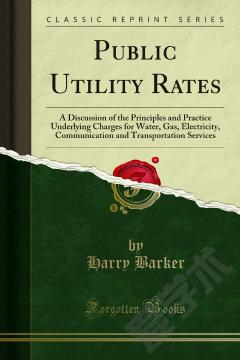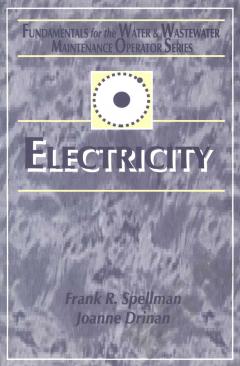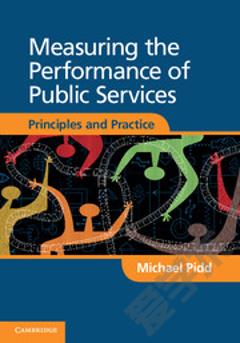Public Utility Rates —— A Discussion of the Principles and Practice Underlying Charges for Water, Gas, Electricity, Communication and Transportation Services
-----
The collection and formulation of these notes have been under way about eight years. Before utility questions had attained their present popularity, the author felt (in following the discussion of public-service questions at engineering conventions and from the varied acquaintance of an engineering editor) that a comprehensive discussion of (1) such corporation and municipal activities as affect service and rates, (2) the trend of public opinion and court and commission decisions, and (3) the most important engineering and economic problems involved, would be useful to many who have to deal first-hand with one phase or another of public service. Very many men who have seemed to be interested in all phases of these problems have not had the time or opportunity to study the conflicting and reiterative ideas of the scattered documents, pamphlets, and papers which very largely form the literature of the subject. There has seemed to be a desire among public utility officials to throw off the blinders of daily duties, and to study what some are pleased to call the academic questions of their business. The writer hopes to make that possible here.It has seemed, as the notes have grown in these years, that if the main lines of some broad survey of the rate problem could be given, free from the mass of obscuring detail which necessarily marks individual cases, then the contemplated review would be of some service to lawyers and legislators, to editorial writers of the daily press, to students of municipal affairs and even to some part of the general public. For this varied service, although the inherent nature of these studies demands essentially an engineering and economic analysis, an attempt has been made to keep the pages understandable to men not technically trained. Partly for such readers are the brief reviews of history and technology of railroads, electric railways, water-works, and gas, electricity and telephone utilities, given in the chapters on special problems. But even the technical reader of these pages must give heed to the history and technology of any utility whose rates he studies.
{{comment.content}}








 京公网安备 11010802027623号
京公网安备 11010802027623号